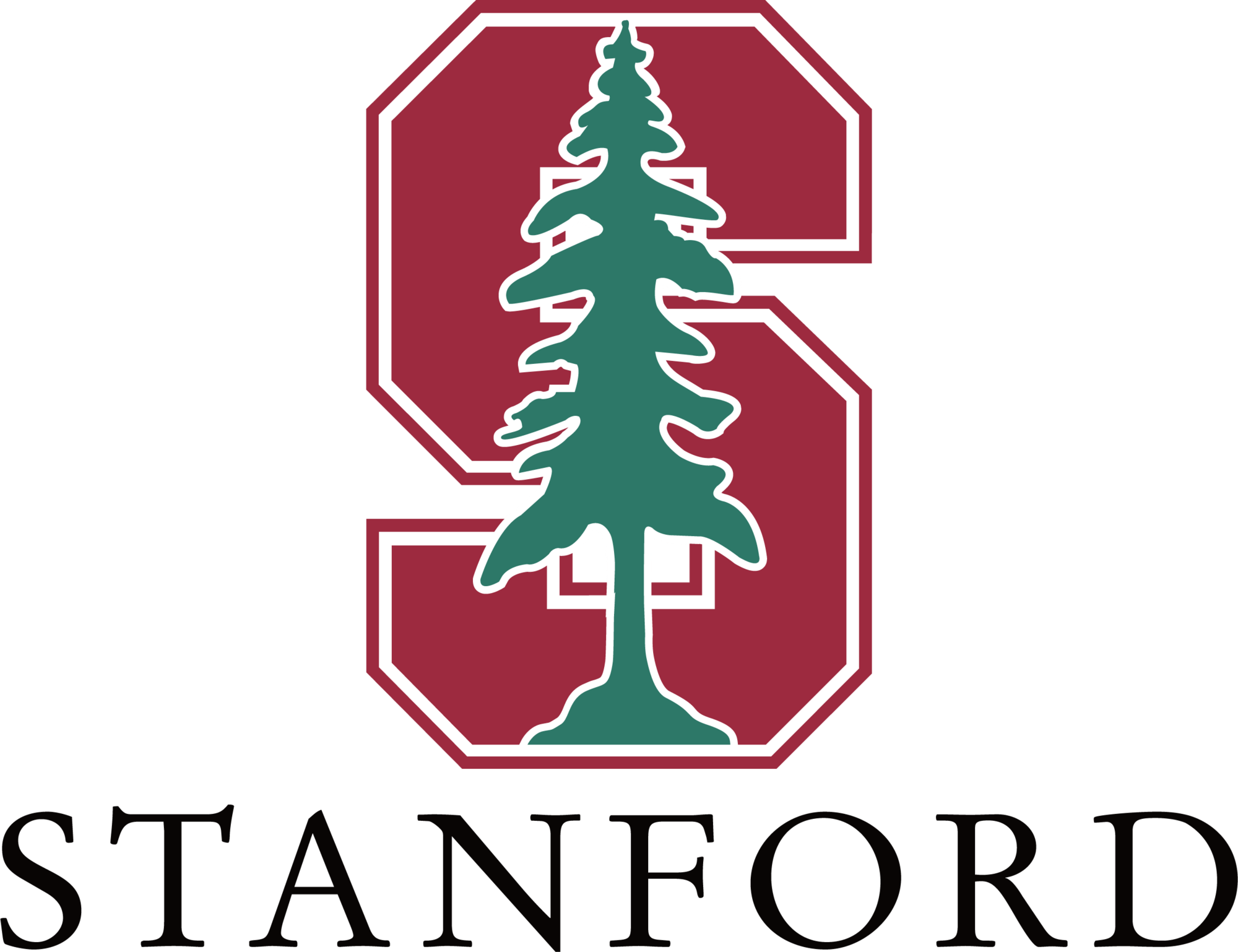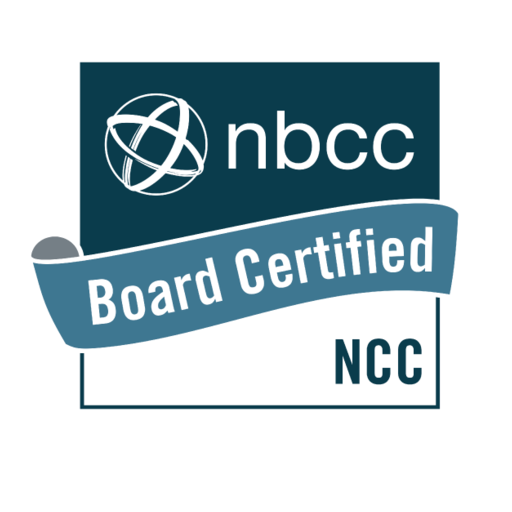
About Me and My Approach
Gino Mazzotti
MS, MAEd, NCC, LMHCA
My path to becoming a therapist was not a typical one, and it’s this journey that allows me to connect with clients in a way that other therapists can’t.
Before entering this field, I attended Stanford University and graduated with a master’s degree in structural engineering. I spent 14 years as an engineer in the high-demand, high-stress technical world of meetings, budgets, and deadlines.
I don't just understand the drive for high achievement, perfectionism, and the resulting burnout from a counseling textbook or seminar — I’ve lived it.
Navigating the world as a gay Latino immigrant, I know deeply the pressure to fit into spaces that weren't made with us in mind. I understand the exhaustion of code-switching and the toll that hiding your authentic self takes on your spirit. I also know where that pain can lead. I understand the harsh reality of unhealthy coping mechanisms and the immense courage it takes to ask for help.
I offer a space where you can feel comfortable talking about all your intersecting identities, knowing that I’ve been at a similar crossroads. Together we can navigate these paths and meet your mental health goals.
Education and Licensure
Stanford University, BS - Civil and Environmental Engineering
Stanford University, MS - Civil/Structural Engineering
Seattle University, MAEd - Clinical Mental Health Counseling
National Certified Counselor (NCC #1740462)
Licensed Mental Health Counselor Associate (MC # 70000264)
Therapy Approach
I specialize in providing evidence based counseling, drawing from an integrative blend of Internal Family Systems (IFS), Cognitive Behavioral Therapy (CBT), and other models. My style is grounded in empathy and lightheartedness, and my primary goal is to build an authentic and respectful relationship that creates a safe space for you to explore, laugh, cry, and ultimately grow into the person you want to be.
Internal Family Systems (IFS)
IFS is a model that views the mind as comprised of various "parts," each with its own unique perspective, feelings, and role. This approach emphasizes understanding and accepting all parts, even those that seem problematic, with compassion and curiosity. IFS aims to help individuals access their core "Self," a place of wisdom, compassion, and confidence, to heal wounded parts and create greater internal harmony and self-leadership. By fostering self-compassion and understanding the positive intent of each part, IFS promotes psychological well-being and personal growth. Check out the book No Bad Parts by Dr. Richard Schwartz for more information on this model.
Cognitive Behavioral Therapy (CBT)
CBT is a collaborative and goal-oriented therapy focused on understanding the connection between thoughts, feelings, and behaviors. By identifying and challenging unhelpful thought patterns and developing coping strategies, CBT aims to create positive changes in how individuals manage their difficulties. This approach emphasizes practical techniques and skills that clients can learn and apply in their daily lives to improve their well-being. My practice utilizes evidence-based CBT models to help you gain insight and develop effective tools for lasting change.







